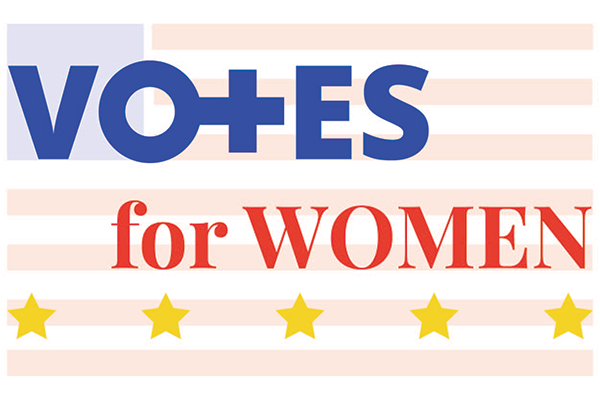 To mark the 100th anniversary of the passing of the 19th amendment, the University of Cincinnati Libraries presented Votes for Women, an exhibit that was on display on the 5th floor lobby of the Walter C. Langsam Library beginning March 1. The exhibit is now available for viewing online – Votes for Women.
To mark the 100th anniversary of the passing of the 19th amendment, the University of Cincinnati Libraries presented Votes for Women, an exhibit that was on display on the 5th floor lobby of the Walter C. Langsam Library beginning March 1. The exhibit is now available for viewing online – Votes for Women.
The exhibit chronicles the timeline of the women’s suffrage fight starting in 1848 when Elizabeth Cady Stanton and Lucretia Mott organized the first women’s rights convention in Seneca Falls, New York. It includes milestones, setbacks and contentions along the way, including after the Civil War when the movement found itself divided over the issue of voting rights for Black men, thus resulting in a split in the group fighting for women’s suffrage. After a national vote was defeated in 1886, the suffragists changed their strategy from attempting to get a national amendment passed to instead gaining women’s voting rights state-by-state in hopes that a national amendment would follow. The timeline concludes with the passing of the 19th Amendment on August 26, 1920. While ultimately successful, the American Women’s Suffrage Movement was not without its detractors nor did it include all women. Both of these issues are addressed in the exhibit.
Votes for Women was curated by Sally Moffitt, reference librarian and selector, and Melissa Cox Norris, director of library communication. It was designed by Emily Young, UC Libraries communication design co-op student. For more information on women’s suffrage a bliography of books, articles and online resources from UC Libraries is available.

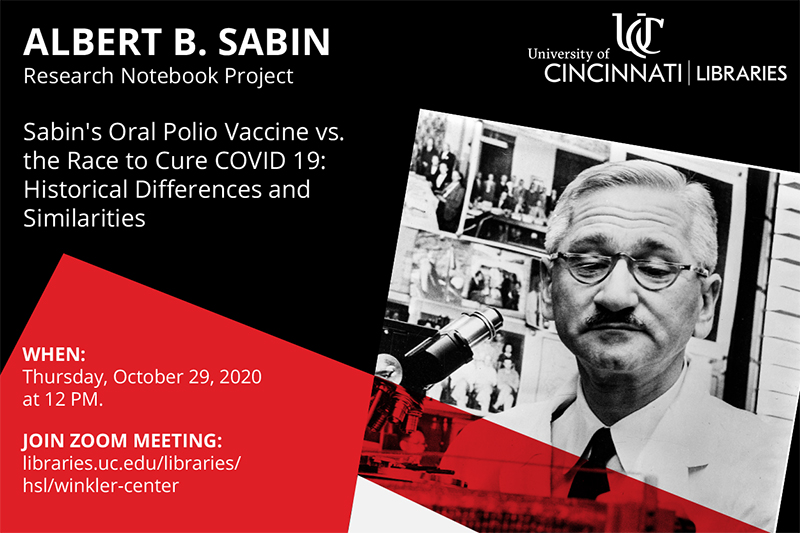
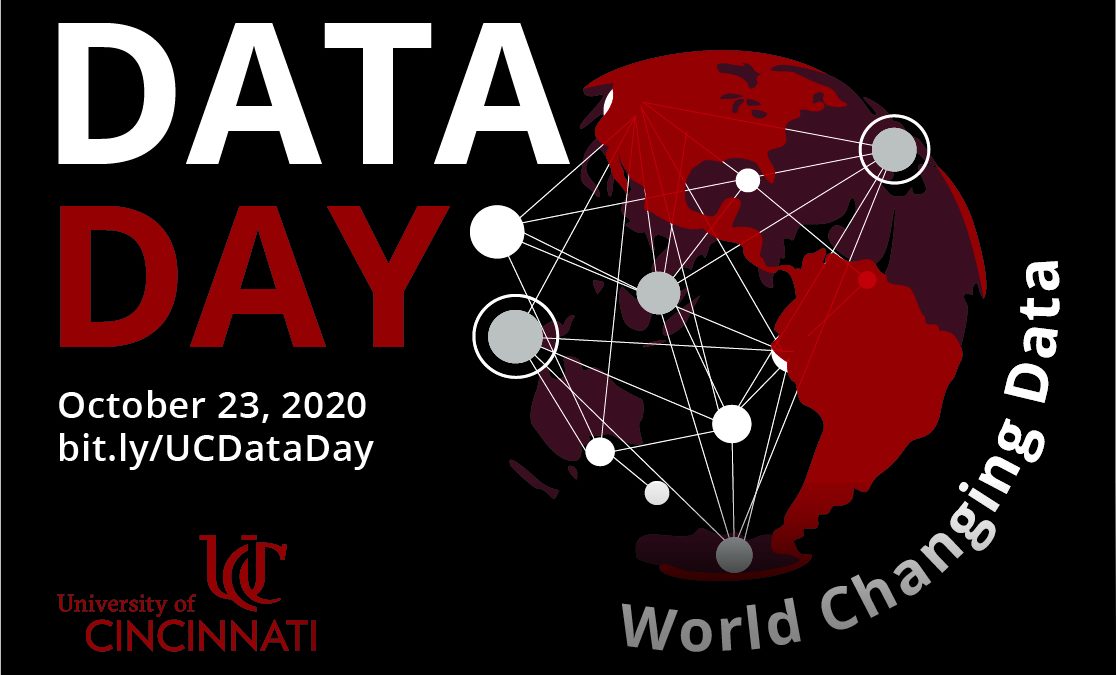
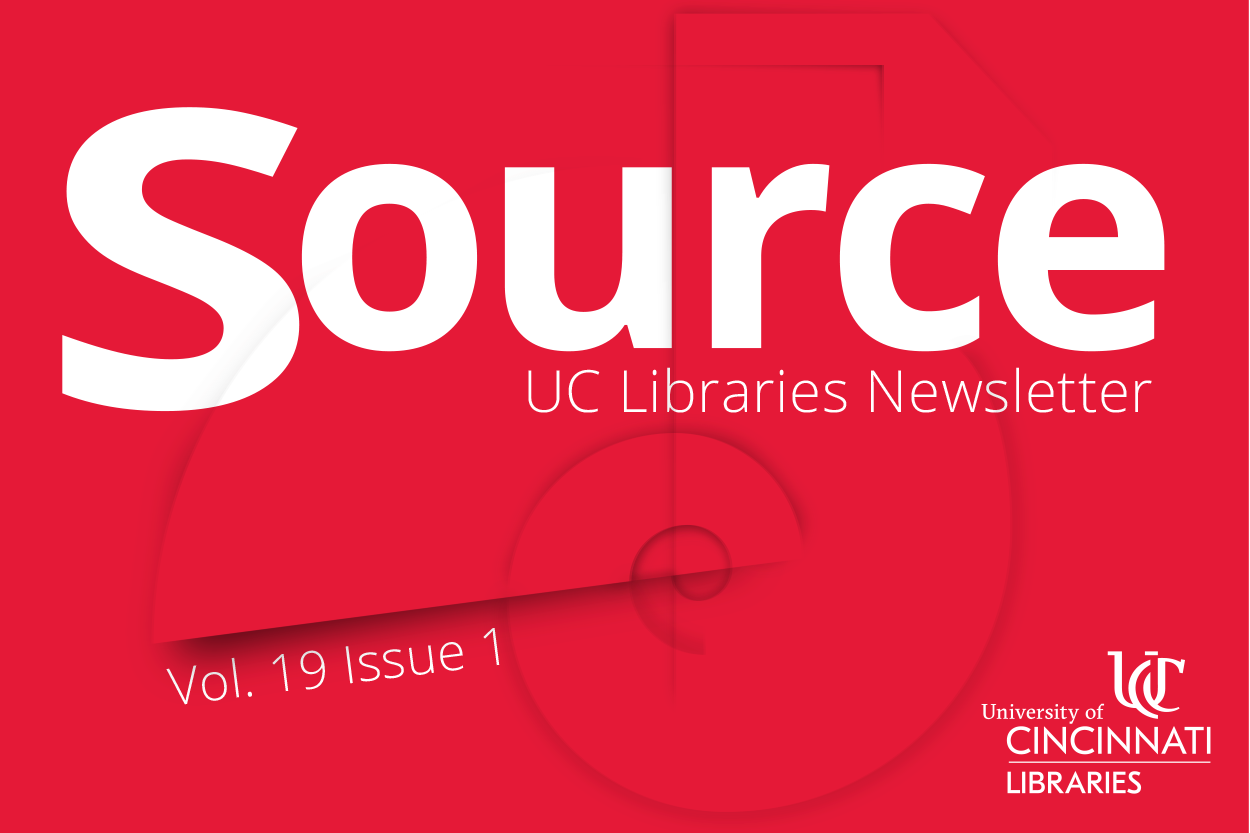 In this issue of Source,
In this issue of Source, 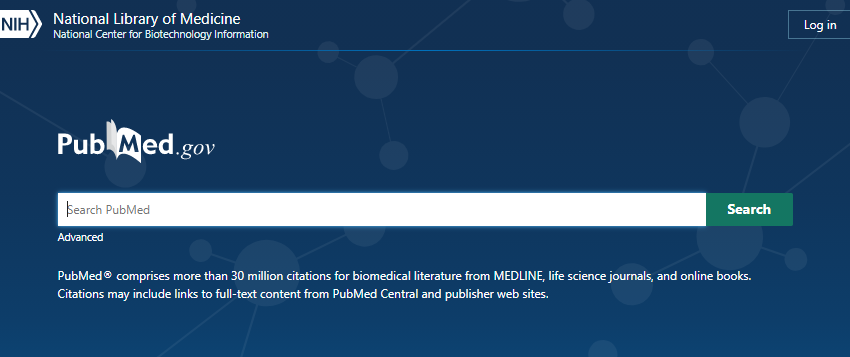
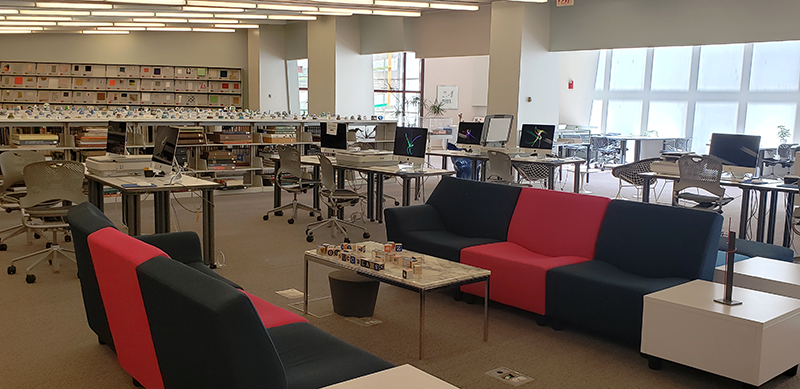
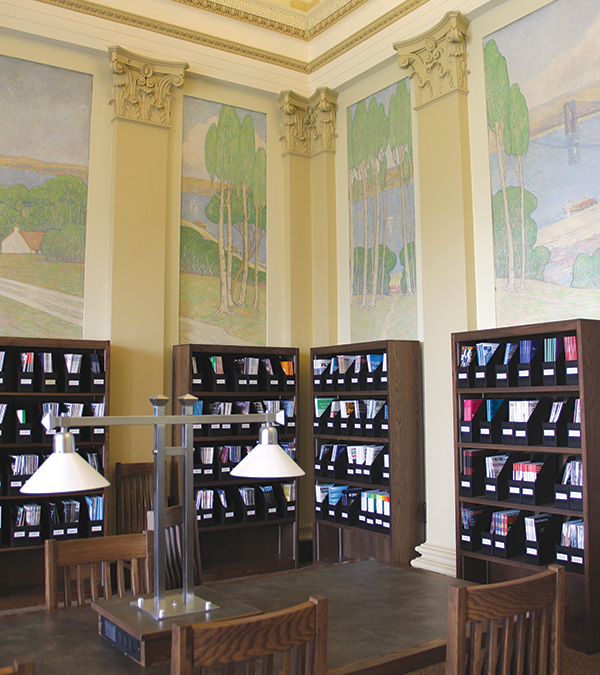
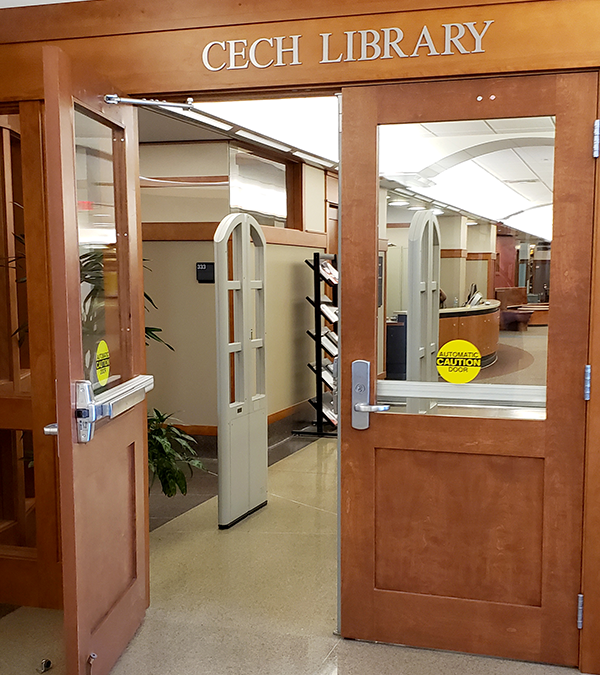
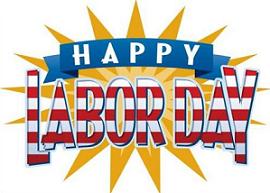 braries are closed Monday, September 7 for Labor Day, except for the
braries are closed Monday, September 7 for Labor Day, except for the 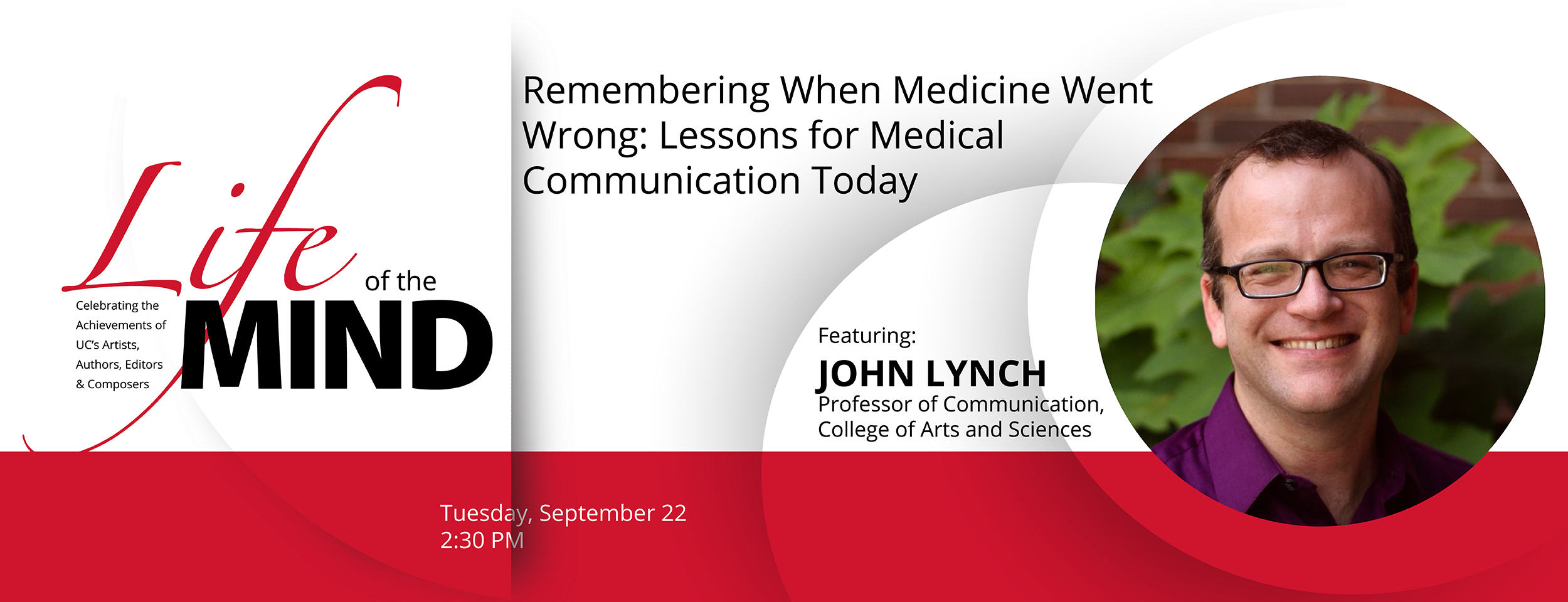
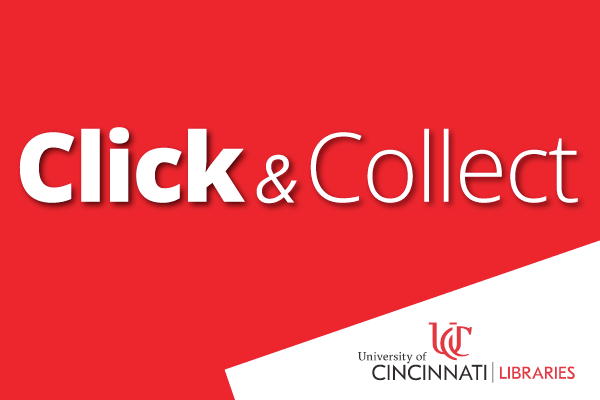 g for library print materials for research or study? The Click & Collect retrieval and pickup service (now expanded to a daily service!) allows UC users to request printed library materials in the
g for library print materials for research or study? The Click & Collect retrieval and pickup service (now expanded to a daily service!) allows UC users to request printed library materials in the